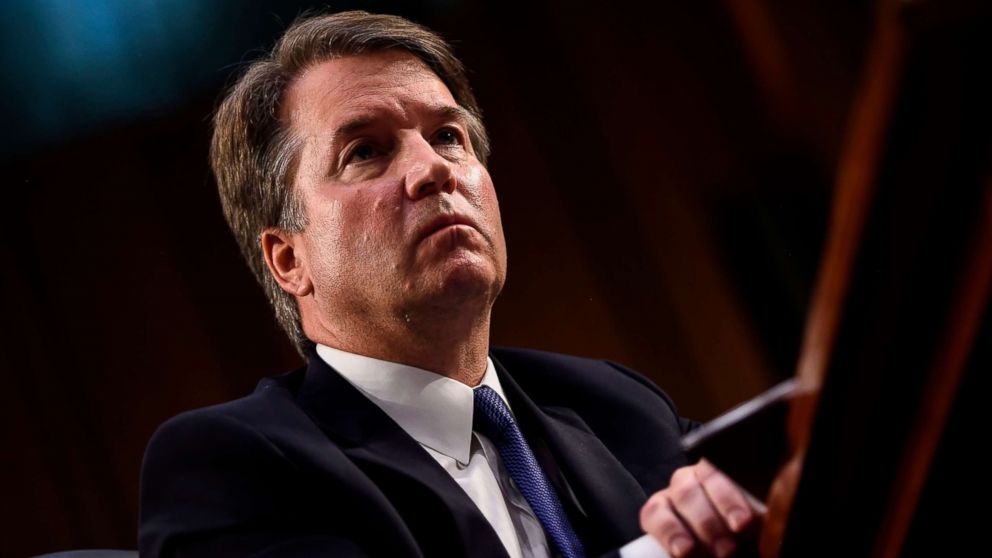
A California psychology professor who has accused Supreme Court nominee Brett Kavanaugh of sexually assaulting her in high school wants to cooperate with federal lawmakers considering the nomination, but doesn’t want to be part of a Washington “bloodletting,” her attorney said on “Good Morning America” Monday.
Christine Blasey Ford wants to speak to investigators about her allegations, but she is afraid of becoming the next Anita Hill, Ford’s attorney, Debra Katz, told ABC News Chief Anchor George George Stephanopoulos on “GMA.”
Anita Hill testified at the confirmation hearing for Supreme Court Justice Clarence Thomas in 1991 that he had sexually harassed her, which Thomas denied.
Ford is “willing to cooperate,” her attorney said. “What she’s not willing to do is to be part of this bloodletting that happens in Washington.”
Katz said, “It’s not clear what the Republicans are saying. I was listening to some reporting this morning saying that they’re going to fight this tooth and nail, that they’re going to grill her. That’s hardly an effort to get into a fair and thorough investigation of what has occurred. That’s a very intimidating statement and it really is designed to scare her and make her not want to come forward.
Kavanaugh disputed the allegations on Friday, before Ford revealed her identity in a Washington Post story on Sunday. “I categorically and unequivocally deny this allegation. I did not do this back in high school or at any time,” he said in a statement.
After Ford went public in the news story Sunday, White House spokesman Raj Shah told ABC, “We are standing with Judge Kavanaugh’s denial.”
Katz said Ford, 51, initially contacted her congresswoman, Rep. Anna G. Eshoo, D-California, about her allegations and sent a letter to California Democratic Sen. Dianne Feinstein when Kavanaugh’s name appeared on President Donald Trump’s short list of candidates to replace retiring Supreme Court Justice Anthony Kennedy.
Ford wanted to keep her identity confidential but realized she could not when members of the media and others began approaching her at her work and home, Katz said.
“Essentially, she made the decision not to go public and those who were not satisfied with that decision essentially created pressure for her to come forward by alerting members of the media and others who essentially started going to her classes, going to her home, invading her privacy,” Katz said on “GMA.”
“The very ills that she sought to prevent by choosing to make this confidential was already happening to her and she knew it was inevitable” that her identity would become known, Katz said.





